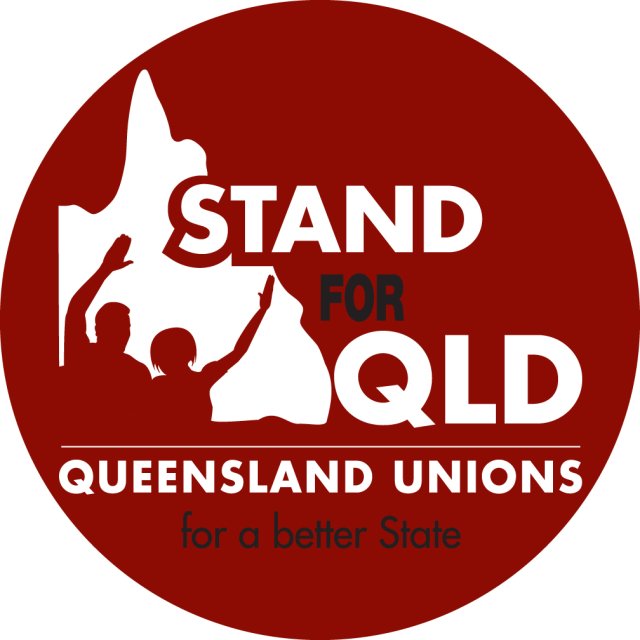
Current political campaigns by Queensland trade unions in defence of public sector jobs, to maintain public assets or for education reform would be ruled out under a new industrial relations bill proposed by the Liberal-National government.
Should the bill pass, unions would be required to conduct a ballot of members before spending more than $10,000 on any activity that is for a political purpose. The union also has to pay for the costs of conducting the ballot.
Queensland Council of Unions (QCU) president, John Battams, told AAP that the changes would mean unions would not be able to respond quickly to government policy. “It’s legislation dressed up in Orwellian language … it is a drag on the union to do its job in a democratic society.”
The bill also applies to employer organisations, but not corporations. The Chamber of Commerce and Industry has opposed the bill, estimating that compliance could cost more than $150,000 a year.
The Courier Mail reported on May 20 that the Queensland Local Government Association said it may no longer represent the state’s 73 councils in legal disputes if the government pressed on with “unworkable” industrial relations changes.
Appearing before a parliamentary committee, Local Government Association Queensland (LGAQ) chief executive Greg Hallam said the LGAQ would be required to conduct a ballot every two to four weeks. Because of this, the LGAQ has sought exemption from the proposed legislation.
The huge administrative burden inherent in the proposed law is in sharp contrast to the Newman government’s commitment to remove “red tape”. It is clear that the intent of the legislation is to stifle any opposition to its attacks on the public sector and the fire sale of public assets.
In its submission to the parliamentary committee the Queensland Council of Unions wrote: “The requirement to conduct a ballot for all expenditure over $10,000 denies unions the capacity to mount a meaningful campaign that is contrary to a governments policy…. and allow government’s a head start to undertake unpopular decisions such as privatisation or breaking election promises.”
“In addition, the definition of political objects contained in the bill is so broad that it will render many unions to be completely ineffective if they are required to ballot their members every time a decision is to be made. For those unions whose membership is mainly ... within the employment of the Queensland government every conceivable action could be perceived as being a political object. A timely example is that class sizes affects the daily working conditions of teachers … such a matter could be deemed to be a political object.”
“The bill is intended to restrict the capacity of unions to oppose government policy. This coincides with the Newman government seeking to introduce the politically poisonous agenda of privatisation. It also follows significant opposition to cuts in jobs and services by the government in the 2012 budget.
“The restriction of the activities of trade unions is never a good sign for democracy and history is littered with examples where the suppression of unions has been part of a far more sinister agenda”
The QCU submission also addressed the clauses of the bill which seek to declare void union encouragement provisions in industrial agreements. It traced the history of such provisions as a compromise by conservative governments in legislating to remove long standing provisions of “preference to unionist” clauses.
The QCU submission concludes: “At the same time as the Newman government wishes to introduce electorally unpopular privatisation it also wishes to muzzle the most strident critics of such policies”.
[See Stand for Queensland for more information about the union campaign.]